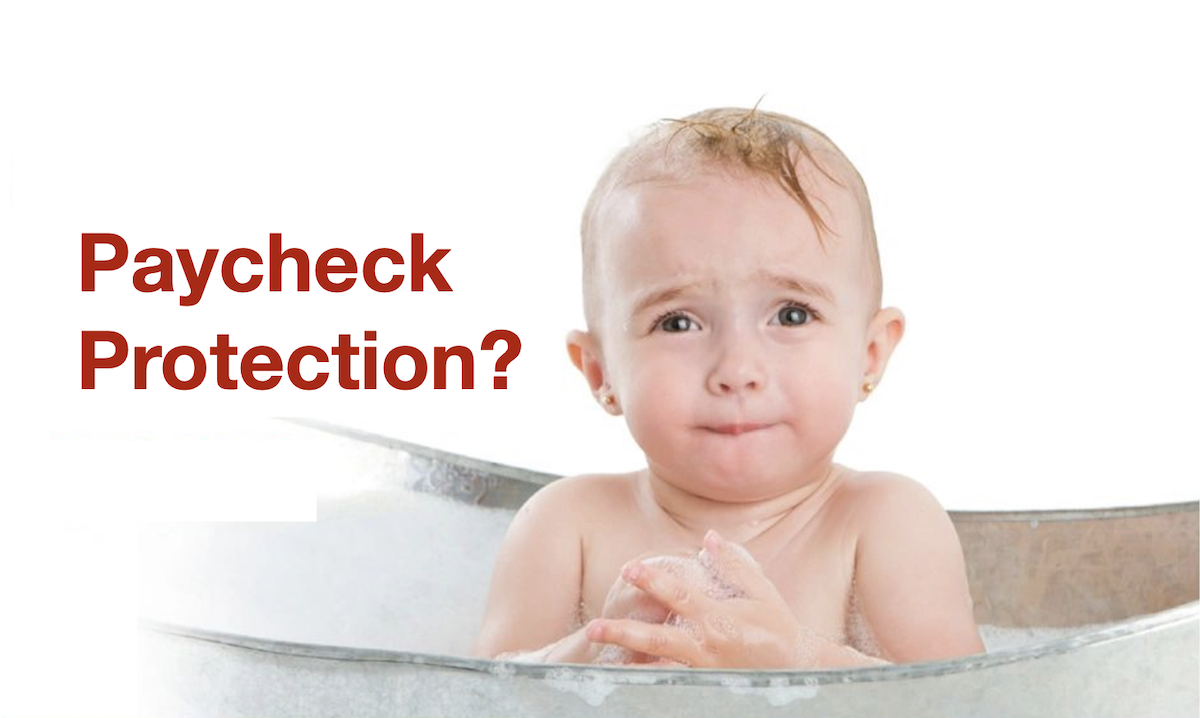
What do you need to keep in mind when you’re shopping around for business insurance? In this guide, we cover common types of business insurance, how to buy business insurance (including the information you need), and pitfalls you can avoid in the process. If you’re feeling overwhelmed—start here.
The Do’s and Don’ts of Buying business Insurance
There are some things you should keep in mind as you look into purchasing business insurance.
#1 Know the Risks Your Industry Faces
Do some research. What are some risks common to your specific industry? If you’re in manufacturing, are you prone to equipment breakdowns? Or could an employee get hurt? If you own a deli, can a customer slip and fall on wet floors? Could they sue you if they believe your food caused them to get sick? Whatever your industry, take the time to write down the risks you face. A thorough risk assessment will help you determine the insurance policies you’ll need.
#2 Don’t Always Buy the Cheapest Policy—Get the Coverage You Need
It can be tempting to shop around for the cheapest business insurance policy that you can get. But sometimes buying the cheapest policy means you’ll lose the essential coverage that you need. Or a lower premium can mean higher deductibles or a lower policy limit. You need to make sure you get ample coverage for the risks your business faces.
Conversely, a lower deductible may mean a higher premium. As a business owner, you have to carefully consider what your business can afford to pay for a deductible when choosing coverage options for your small business. One insurance company can offer policies very different from the next, so do your due diligence.
#3 Adjust Your Coverage As You Grow
Have you hired new employees? Expanded to a second location? Perhaps you’ve expanded your product line? As your business makes any changes—good or bad—you need to notify your insurance agent. In some cases, it may lower your insurance costs. But in most cases, it will help your insurance agent determine if you have sufficient coverage to protect your business.
#4 Read Your Business Insurance Policies
Make sure you read the fine print of any policy you have or are considering. Why? Because you want to make sure you don’t miss any exclusions that could negate the effectiveness of the policy. You also need to be closely aware of what your deductibles and OOP costs are so you aren’t ever surprised.
#5 Shop Around For an Insurance Agent
Do comparison shopping and interview multiple agents with multiple insurance companies. Ask them for their recommendations regarding your specific business. They should be willing to submit these to you for no charge. Take notes and get a feel for their personality, does it fit with you? As noted above, are they eager and willing to submit recommendations?
You also want to find an agent or broker with experience and clients in your particular business. For example, if you’re a tow truck company, find an agent or broker who has tow truck operators as insurance clients already. Ask for referrals and get a feel from them. If they don’t have experience in your industry, don’t discount them if they have a good business base of clients.
The benefits of working with an insurance expert in your industry can move beyond saving money. Don’t make this decision quickly.
Common Types of Small Business Insurance
These are some of the common types of insurance any small business should consider, depending on your industry and size.
General Liability Insurance
A general liability policy is a necessity for any business. It protects you if you’re accused of:
- Third-party bodily injury
- Third-party property damage
- Advertising injury (libel, slander, copyright infringement)
Your insurance company can provide you with an attorney, cover costs associated with lawsuits, and even pay settlements out to the impacted third party.
Product Liability Insurance
Product liability insurance protects small businesses from claims related to the sale of goods that may have caused personal injury or damage to their property. Anyone who sells or manufactures food, medicine, and other products should consider this policy. Similar to general liability coverage, the insurer can help cover legal fees, court costs, and settlements.
Professional Liability Insurance
Do you run a business where you coach or give professional advice? Are you a lawyer, doctor, or accountant? If you’re in any industry where your professional opinion or actions can be construed as negligence, you need to protect your assets with professional liability insurance.
Commercial Property Insurance
If you own or lease a storefront, warehouse, or even house inventory in your home, you need commercial property insurance. It protects your building and any business assets stored inside from common perils such as fire, storm damage, or theft.
Workers’ Compensation Insurance
Do you have employees? You’re legally required in most states to obtain workers’ compensation insurance to protect your employees. Workers’ comp pays a portion of their lost wages and medical bills if they’re injured or become ill at work. It can also protect you from being sued for the incident.
Commercial Auto Insurance
Are you a trucker? Or perhaps you run a delivery service? Or just drive to business meetings with clients? In each of these instances, a personal auto insurance policy won’t cut it. You need to protect your vehicle, yourself, and your passengers. A commercial auto policy also protects you from being liable for property damage or injury to another person.
Business Owners’ Policy
Small business owners might be able to qualify for a business owners’ policy. This is a bundle of common insurance coverages, often offered at a lower price than purchasing each coverage separately. A BOP usually includes general liability, commercial property, and business interruption insurance.
Buying the proper insurance coverage is a lot more than just filling out and signing an application. Using the following Do’s and Don’ts list will help in your effort to make the right decisions about your new business insurance and help you simplify the buying process.
What You Need to Purchase Insurance
Want to simplify and maximize your time and efforts in determining the proper coverage needed for your business? Save time by being prepared. This is a list of information and documents you want to have available when you meet with your insurance broker.
Addresses
- Copies of all leases and landlords
- Construction and building types
- Square footage/floors
- Any additional business location where employees may be contracted
Vehicles and Types of Equipment
- Make, models and color
- Mileage and title(s)
- VINs
- Titles and registrations to any trailers and road equipment.
- Approved drivers list with drivers licenses
The Owners, Officers, and Employees
- Names
- Spouses and children
- Addresses
- Date of birth
- Social security numbers
Financial information
- Bank records
- Cash flow/Profit and Loss statements
- Loan documents
- Present insurance declaration pages
- Attorney and CPA contact information
Having this information ready and available is not only going to save time when meeting your insurance professional, it serves as a great review for your business.
Get a Free Quote for Business Insurance
If you need help walking through this process, we’ve got your back! Our goal at CommercialInsurance.Net is to help small and medium-sized businesses get quotes for insurance quickly and efficiently. We can answer any questions you may have about buying business insurance. Simply give us a call at 405-349-5434 or click here and complete the form at the top of the page and someone will reach out to you shortly.









